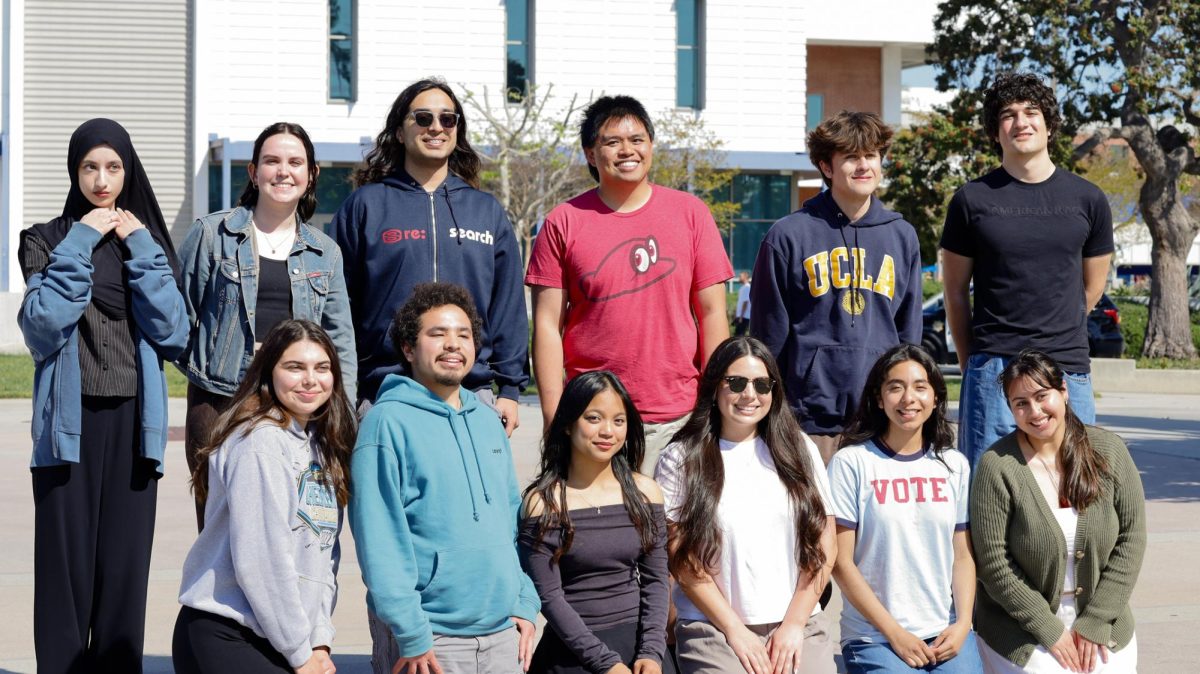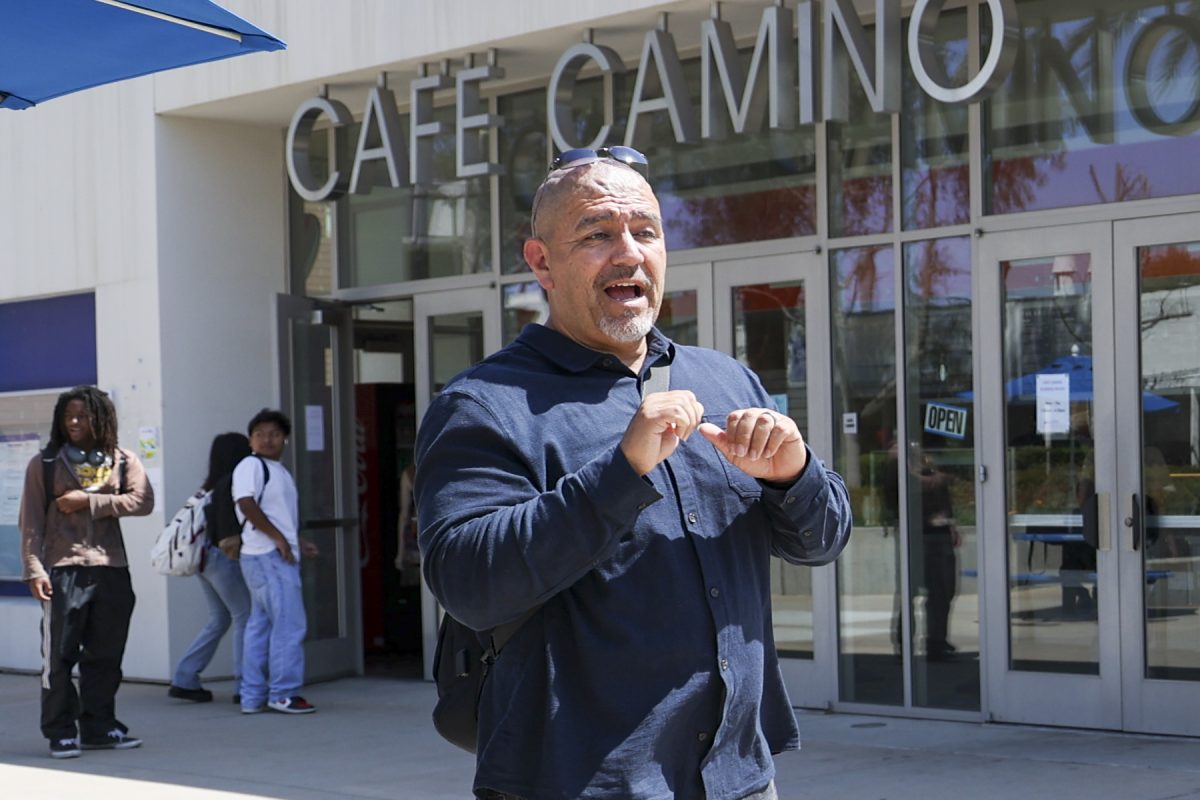First there was the contract dispute during the NFL lockout. Next came the NBA lockout. Now, there is a dispute at EC between the administration and the faculty and the classified unions.
While the faculty does not want to have any changes to its current contract, the administrators are looking to make changes to health care benefits, part-time faculty pay per hour and the counselors’ work-year, Spencer Covert, chief negotiator for the administration, said.
“The federation is opposed to changing the counseling contracts because when many of these employees signed on, they were offered 12-month contracts and they did not expect the rug to be pulled from under them at this stage in their careers,” Nina Velasquez, executive director of the Federation of Teachers, said.
According to the fact finding report from the administration, one of the reasons why the administrators are presenting a new contract, is that in the fiscal year 2011-12, EC’s initial revenue from the state was reduced 6.2 percent, accounting for a loss of more than $5 million.
“Fact finding occurs when the union and the college has not been able to reach an agreement. The purpose of it is so that both sides can present the facts,” Covert said.
According to the administration’s fact finding reports, all HMO medical plans are free of charge. The PPO plans: Pers Choice and Pers Select which have a 20 percent deductible are free as well for single employees.
However, the Pers Care, which has a 10 percent deductible, is going to cost $385.39 per person based on a 12-month pay plan.
Covert also said the administration wants to reduce part-time salary from $85.65 to $81.81.
According to the report, the part-time faculty would still be second highest paid among comparable community colleges.
The new contract would also shorten the counseling work-year from 12 months to 10 months.
“No other community colleges have counselors that work eleven months with a month of vacation,” Covert said.
Sue Oda-Omori, Transfer Center coordinator, said that the college should do what’s best for the students.
“Our students are outstanding,” Elaine Moore, fine arts counselor, said at the board of trustees meeting last Tuesday. “To take away and reduce services for students is very disheartening.”
Students who have heard about the possible cuts in counseling, do not think it’s a positive change.
“Counselors help kids in a lot of ways. It’s a shame,” Breanna Quintero, 18, journalism major said. “I think we can solve this problem by having students do a survey to say we need this type of help. They need to consider what is best for the future.”
The $23 million reserve fund has also been up for discussion, many faculty members saying that a reserve so high should help the administration to avoid making drastic cuts.
“We have trouble understanding why we’re making cuts now when the reserve fund keeps going up and up,” Nina Velasquez, executive director of the Federation of Teachers, said.
The administration said the reason for not dipping into the reserve fund is to better prepare for the future.
“It’s because we’re facing more funding cuts in the future,” Covert said. “Things are going to get worse and not better. We’re trying to get ahead of the curve and are trying to anticipate things in the future.”
Covert said that ultimately, the board of trustees will make the final decision.
“The administration is not giving us anything,” Oda-Omori said. “In the spirit of negotiations, there’s always a give-and-take.”







